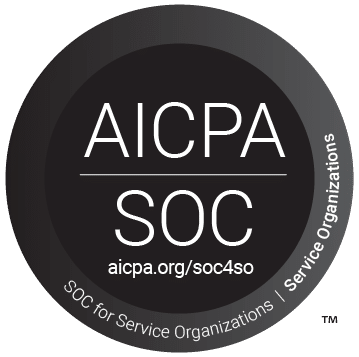Looking Beyond China for Rare Earth Minerals
Blogs
Written By

Looking Beyond China for Rare Earth Minerals
Rare earth minerals power our digital economy enabling everything from smartphones and semiconductors to electric vehicles and clean energy infrastructure. As global demand surges, companies are urgently diversifying their supply chains beyond China, the long-dominant rare earth supplier.
Shifting towards Africa, Southeast Asia, and South America reveals a new web of risks, where geopolitical instability, environmental degradation, and human rights violations threaten operational resilience and brand integrity.
Companies are embracing multi-category, location-specific risk monitoring including geopolitical, financial, operational, cyber, environmental, and compliance, and are better equipped to pivot fast and protect their staff and operations. The risk landscape is not slowing down, and it is time for your monitoring to catch up. Static data does not work in a dynamic environment.
The African Rare Earth Boom and Its Challenges
Africa holds some of the world’s richest deposits of cobalt, lithium, coltan, graphite, and rare earths minerals critical to global decarbonization and digital transformation. The supply chain from these regions is fraught with challenges:
1. Conflict & Armed Groups (DRC, Sudan)
In the Democratic Republic of Congo (DRC), rebel groups like M23 control lucrative mines in North Kivu, using profits to fund armed conflict. These “blood minerals” often end up in global tech supply chains.
Ongoing war has displaced over 6 million people. In response, Congo has even called out companies like Apple over the sourcing of smuggled minerals.
2. Child Labor & Unsafe Mining (Nigeria, DRC)
In Nigeria’s Nasarawa region, children as young as six mine lithium under dangerous, unregulated conditions, earning less than $1 per day, often with no access to education.
In DRC’s cobalt mines, similar conditions exist artisanal mining lacks safety equipment, oversight, or ethical labor practices.
3. Environmental Degradation & Public Health Crises
Kabwe, Zambia: Decades of lead and zinc mining have caused widespread lead poisoning, especially among children, due to contaminated soil.
Ahafo, Ghana: Cyanide spills from gold mining operations displaced 9,500+ farmers and led to toxic metal levels far above WHO limits.
Lega Dembi, Ethiopia: Toxic runoff from gold mines has caused miscarriages, birth defects, and respiratory issues for local communities.
Mandena, Madagascar: Rare earth mining by global companies like Rio Tinto has led to uranium and lead pollution up to 52× WHO thresholds, sparking public protests and shutdowns.
4. Corruption, Compliance Gaps & Weak Governance
Many African countries suffer from poor governance and opaque contracts with foreign mining companies.
Corruption undermines environmental safeguards and labor protections, increasing regulatory and reputational risk for downstream buyers.
Meanwhile, ESG requirements under CSDDD, CSRD, and U.S. Conflict Mineral laws demand far more transparency and due diligence than ever before.
Why Real-Time Risk Intelligence Is Critical
As rare earth sourcing shifts beyond China, traditional supplier assessments and annual audits are no longer sufficient. Enterprises need live insights on:
Geopolitical Risk: Coup attempts, local insurgencies, and cross-border conflicts can instantly impact mining operations.
ESG Risk: Real-time alerts on human rights violations, forced labor, or environmental disasters in supplier regions.
Location Risk: Natural disasters (e.g., cyclones in Madagascar), poor logistics infrastructure, and local unrest can delay operations.
Compliance Risk: Ensuring alignment with global regulations like the EU’s Corporate Sustainability Due Diligence Directive (CSDDD) or U.S. Dodd-Frank Section 1502.
How Supply Wisdom Helps
Supply Wisdom empowers organizations with continuous, AI-powered risk intelligence across third parties and locations. For mineral supply chains, this means:
Conflict Monitoring – Track political instability, civil war risks, and cross-border tensions.
Human Rights & ESG Alerts – Detect signs of child labor, unsafe mining, displacement, and pollution.
Environmental Tracking – Get notified of toxic spills, weather disruptions, or tailings dam collapses.
Compliance Support – Stay audit-ready and aligned with emerging ESG and sustainability regulations.
Supplier Onboarding Risk Intelligence – Make informed decisions when evaluating new sourcing opportunities in high-risk countries.
Reputation Protection: Ethical Sourcing Begins with Awareness
Without visibility into your full supply chain, your rare earth mineral providers powering your technologies may be exposed to allegations of human suffering, child labor, or ecological destruction damaging your reputation..
Supply Wisdom enables organizations to move from reactive responses to proactive risk management — turning risk into resilience while supporting ethical






